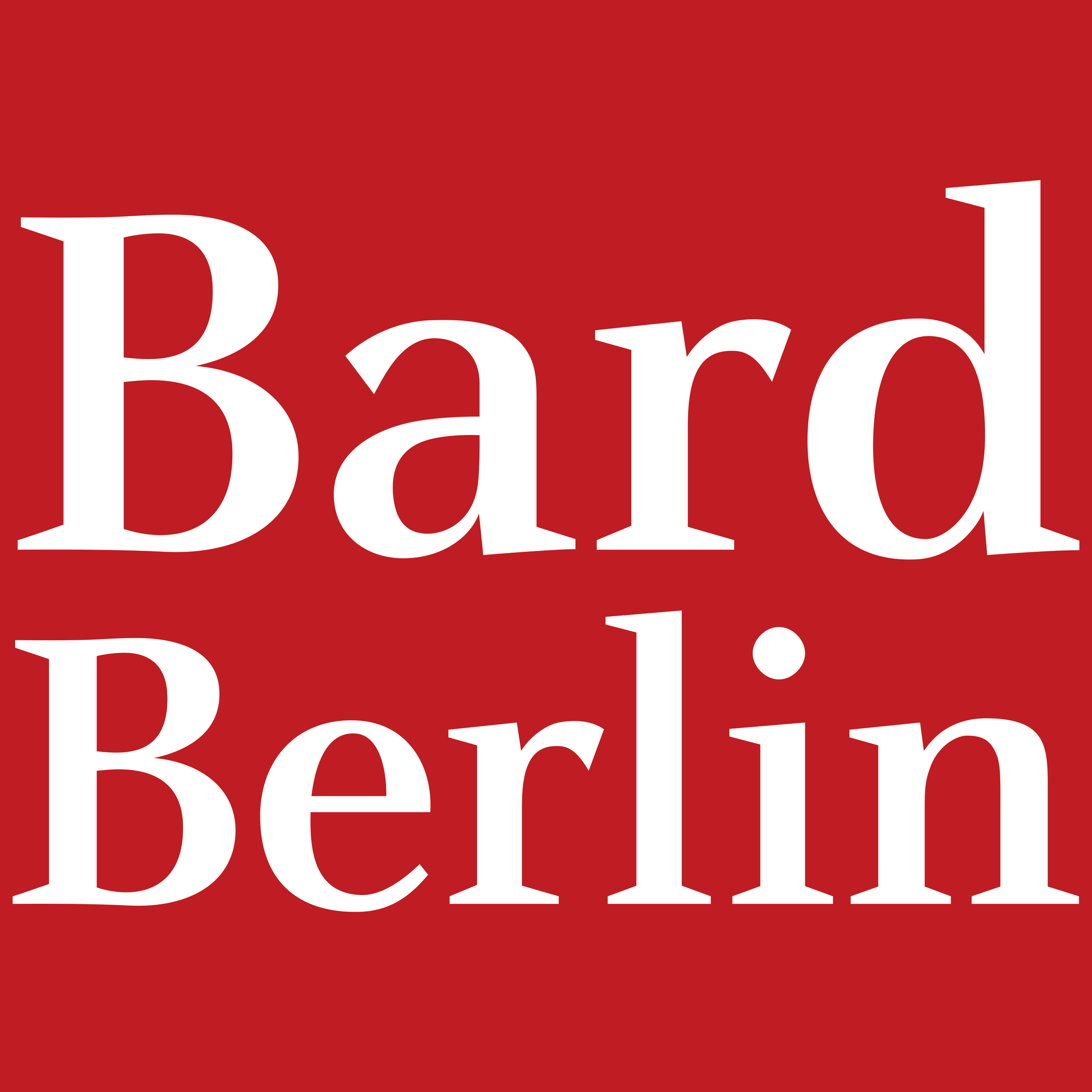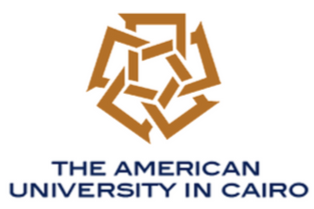Teaching is one of the most rewarding parts of my work…
I approach it as a shared process of discovery—helping students engage the past through close reading, discussion, and creative interpretation. Whether we’re examining a medieval chronicle, a fragment of colored glass, or a map of trade routes, I want students to see history not as a fixed story but as a living practice of inquiry, shaped by evidence, imagination, and debate.
I am currently a lecturer at Bard College Berlin, where I teach the course “Making Value and Using Resources,” which explores how societies have defined and transformed value—from natural materials to systems of labor and exchange. Before coming to Berlin, I was an adjunct at the American University in Cairo, where I taught a survey of Arab history course. I also was a teaching assistant for numerous courses on Arab and Islamic history and assisted in classes on political thought, trade, and empire. Previously, I co-taught the Spring School “Environmental Methods in Mamluk and Islamic Studies” at the University of Bonn, which brought together early-career researchers from multiple disciplines to experiment with new ways of integrating textual, archaeological, and environmental evidence.
Across these settings, I have worked with students from a wide range of linguistic, cultural, and educational backgrounds. I strive to create classrooms that are open, collaborative, and attentive to the diversity of perspectives that make historical study so vital. Each course begins with a primary source or object and builds outward—linking past and present, and inviting students to think critically about how knowledge itself is made. Mentorship is an extension of this approach: helping students develop their own questions, pursue independent research, and build confidence in their intellectual voice.

